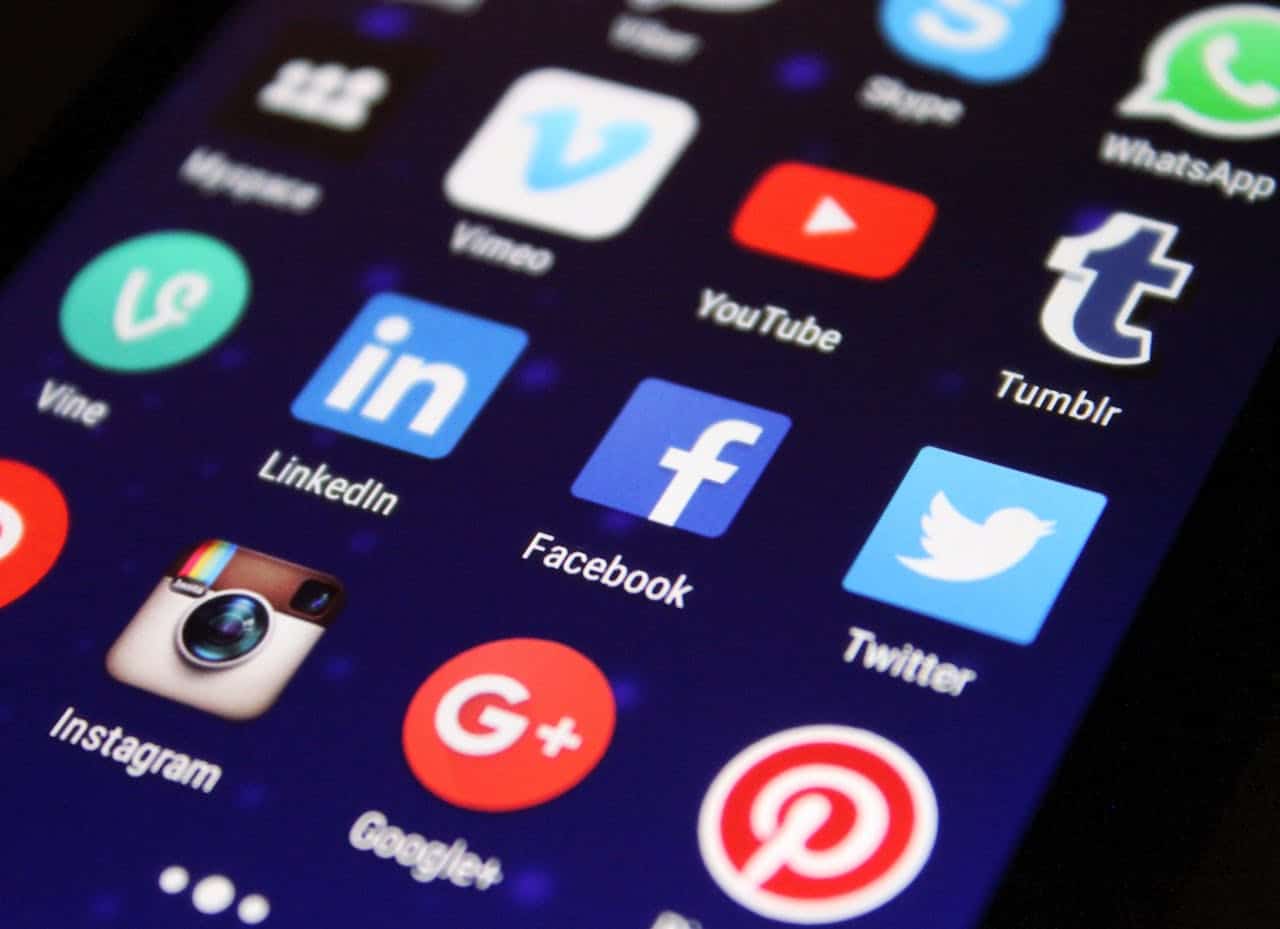Over the past few years, the interlacing of social media and education has converted the normal landscape of learning, presenting new paths and challenges alike.
This progression has urged educators, learners, and stakeholders to revise the dynamics of teaching and studying in the digital era. With an eye to the future, grasping the trends in the influence of social media on education is fundamental for making the most of their potential and minimizing inherent risks.
IMAGE: PEXELS
The Current State Of Social Media In Education
Social media is now a fundamental part of learning systems around the world, progressing from simple communication channels into sources of information, collaboration, and community-building tools.
Benefits Of Social Media For Students
Using social media in education brings major benefits to learners. Platforms like Twitter, Facebook, and LinkedIn make it easy to access immense resources, master advice, and peer assistance.
Incorporating social media into the classroom expands opportunities for learning and interaction beyond the classroom, helping to create a more welcoming and varied atmosphere. Moreover, the spreading of services offering essay writers online cheap has opened up new opportunities for students to receive academic help and study support.
Social Media And Education: A Synergistic Relationship
The interaction of social media and education has led to changes in learning and teaching processes. Teachers are increasingly using these platforms to share materials, notify about updates, and engage with students in real time. This dynamic not only enhances communication but also creates a more active and ыtudent-driven learning environment.
Emerging Trends And Predictions
As we move ahead, diverse important trends are expected to shape the convergence of social media and education, impacting how knowledge is distributed and engrossed.
Personalized Learning Experiences
Advances in technology and data analytics are opening the door to more personalized and flexible learning through social media. This trend is expected to continue to evolve, proposing adapted content and educational approaches that match students’ individual needs, interests, and learning tempo.
Increased Collaborative Learning
Social media promotes teamwork between students and between students and their teachers. It also provides contact with an international community. This trend is predicted to increase as social media becomes the primary hub for group tasks, knowledge sharing, and cross-border cultural interactions, thereby expanding social media learning experiences.
Integration Of Augmented And Virtual Reality
The use of augmented reality (AR) and virtual reality (VR) combined with social media in education will continue to evolve, providing students with fascinating and participatory educational experiences. This blend will allow learners to explore complicated subjects and surroundings in a more attractive and efficient manner.
The Role Of Social Media For Students In Future Learning Environments
The role of social media in education is poised to expand as it becomes increasingly woven into the fabric of educational methodologies.
Development Of Digital Literacy Skills
The future of education will require increased attention to developing digital literacy among students. Social media will become not only a learning tool, but also a context for developing critical thinking skills, web etiquette, and validation, preparing students for future digital difficulties.
Social Media As A Platform For Professional Development
Social media for students is not only a means of learning, but also preparation for a future occupation. Platforms will more and more be used to network, build a personal brand, and find employment, making them an important part of career development.
Challenges And Considerations
Despite the potential benefits, the integration of social media in education comes with its set of challenges:
- Data Privacy: Protecting students’ personal information on social media is a priority. Schools and teachers should provide strong privacy policies and train students in data protection practices.
- Cyberbullying: The anonymity and accessibility of social media can increase cyberbullying incidents. Creating a secure online environment requires persistent attention, clear bullying prevention measures, and support systems for affected learners.
- Digital Divide: Not all students have equal access to digital devices and high-speed internet. Bridging this divide is essential to prevent exacerbating existing educational inequalities.
- Content Accuracy: The large amount of unverified information on social media creates problems for the accuracy of content. It is essential to educate students on critical thinking capabilities to distinguish between credible sources and misinformation.
- Time Management: Managing social media usage with educational obligations can be hard for students. Nurturing time planning skills is pivotal to preventing social media from becoming a bother.
Conclusion
The educational sphere is experiencing significant changes under the influence of the spread of social networks. Looking ahead, it is obvious that social media in education will continue to grow, providing new opportunities to enrich the learning experience, while also presenting extraordinary difficulties.
By comprehending and foreseeing these trends, educators, learners, and policymakers can better prepare for the next phase of educational innovation.
IMAGE: PEXELS
If you are interested in even more social media-related articles and information from us here at Bit Rebels, then we have a lot to choose from.


COMMENTS